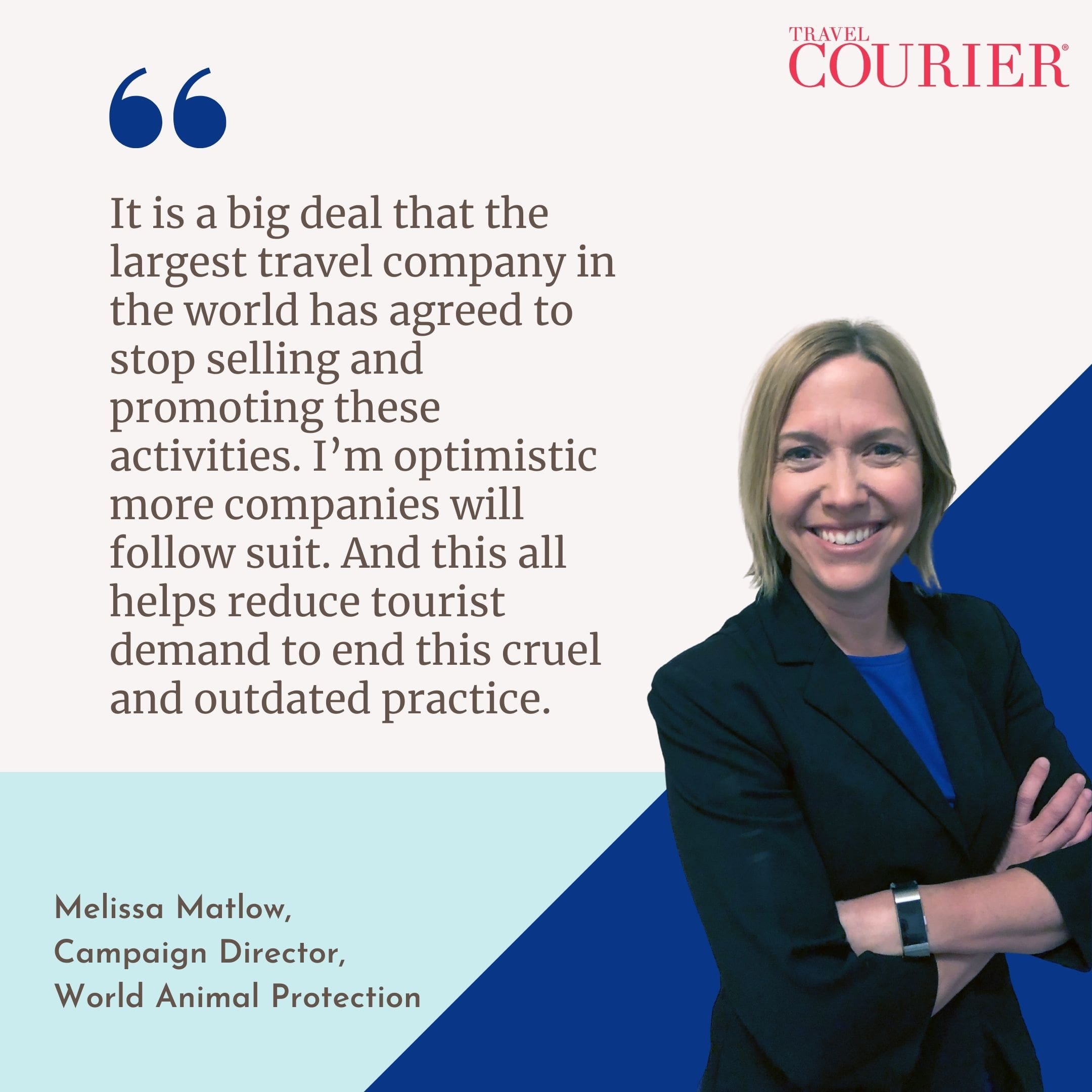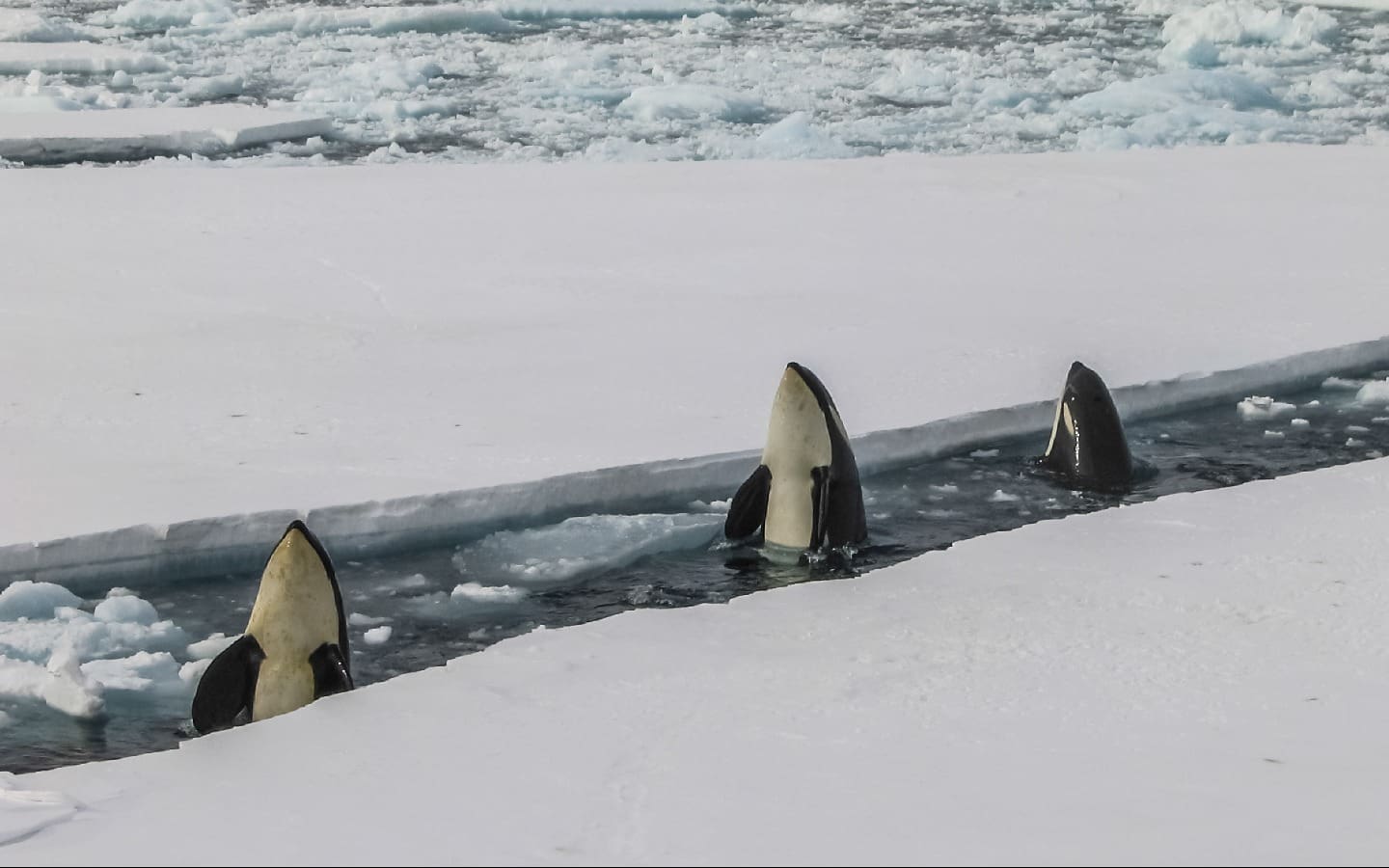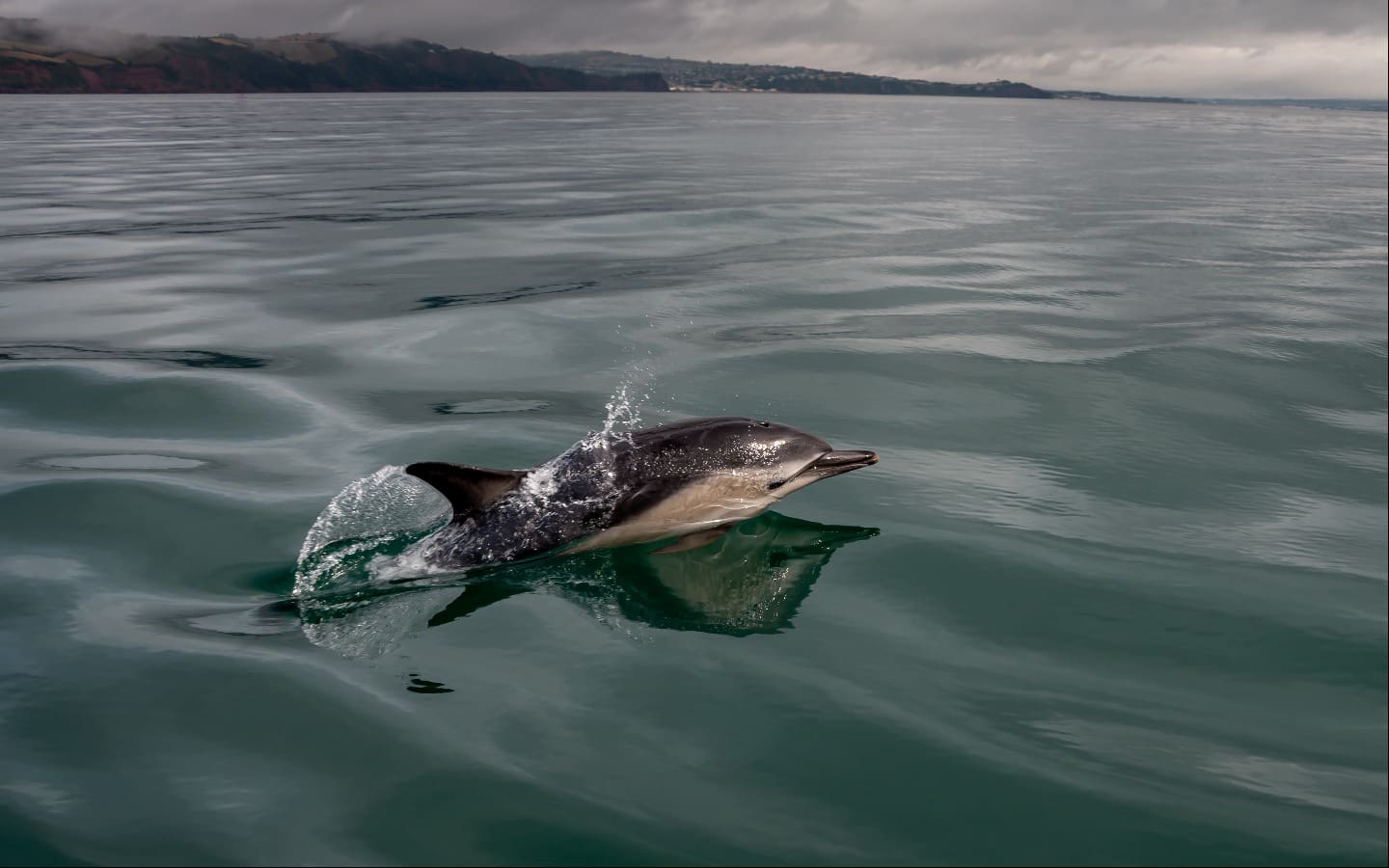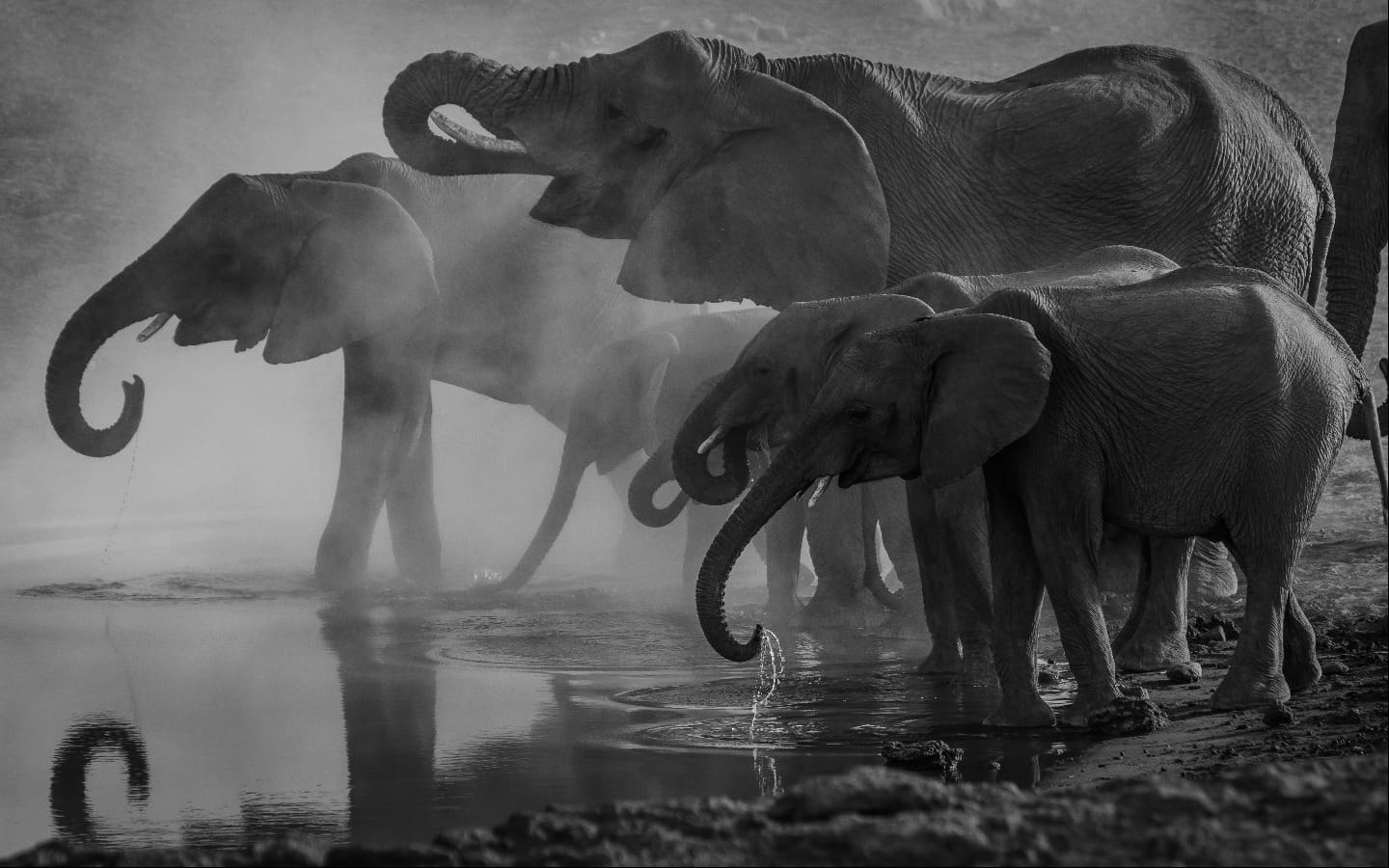World Animal Protection applauds news Expedia has stopped selling holidays with performances by captive dolphins and whales
Ann Ruppenstein
Expedia Group has recently announced an animal welfare policy where attractions and activities that involve performances and interactions with dolphins and other cetaceans will no longer be sold on its sites.
The news is welcomed by World Animal Protection, who has been campaigning about this since 2019.
To find out more about creating a future where animals are wildlife and not entertainment, Travel Courier caught up with Campaign Director Melissa Matlow of World Animal Protection.

It is incredible news and we thank Expedia for making the right decision for animals. Whether captured from the wild or bred in captivity, whales and dolphins suffer immensely to entertain tourists. They’re trained and forced to work all day giving tourists rides and performing in shows and then languish away in small, barren tanks and enclosures. It is a big deal that the largest travel company in the world has agreed to stop selling and promoting these activities. I’m optimistic more companies will follow suit. And this all helps reduce tourist demand to end this cruel and outdated practice.

More than 350,000 World Animal Protection supporters in Canada and around the world have signed petitions or taken other actions to urge Expedia to stop selling captive dolphin and whale experiences. We also mobilized marine mammal scientists to sign-on to a letter supporting our efforts. The science is clear – keeping marine mammals in captivity is cruel and there is growing public opposition to this and we’ve been bringing this message to other travel companies as well.
We work with travel companies to develop and implement animal welfare policies. We want them to see this as an important part of their Environmental, Social and Governance (ESG) policy. We have also been encouraging travel industry associations like ABTA, GSTC and ATTA to be leaders in this area by explicitly prohibiting the use of wildlife for entertainment.

We were thrilled that Canada’s airline vacation companies agreed to stop selling captive dolphin experiences back in 2019. We now need to make sure they have fully implemented their commitments and if not, how we can assist them. We also want them to be proud of their decisions and publicize them. This helps educate their customers so they don’t buy these experiences independently.

We continue to encourage travel companies to remove cruel experiences from their supply chain, educate people on how to be wildlife-friendly when they travel and support solutions that will help the industry build back better and more humane.
We are also working to achieve stronger government regulations in Canada and other countries to protect wild animals from being exploited for entertainment, exotic pets, trinkets and other luxury goods. This will not only prevent animal cruelty and biodiversity loss, but also future pandemics as the commercial wildlife trade is a top driver.

A good rule of thumb is that, if you can ride, hug or take a selfie with a wild animal – chances are it is cruel so don’t do it.
The cruelty towards these animals used for tourist entertainment is often hidden and not obvious to people. And the people who want to do these types of activities are often animal lovers who are unknowingly causing harm.
You can help inform them and identify experiences that better align with their values. Don’t undersell the experience of going to a natural park with a local guide to see native wild animals roaming freely in the wild. Whether it is a gecko or a parrot, for animal lovers like me, the thrill of catching a glimpse of animals in the wild is unbeatable.
People can learn more about our work at worldanimalprotection.ca.

















